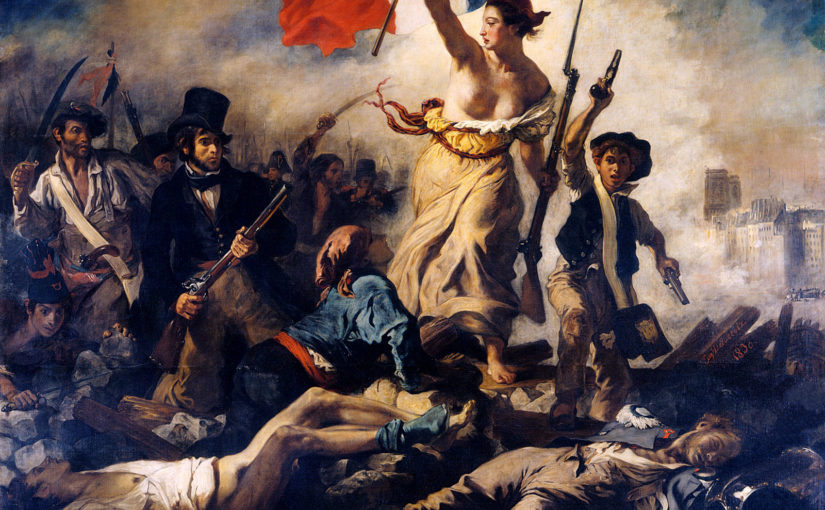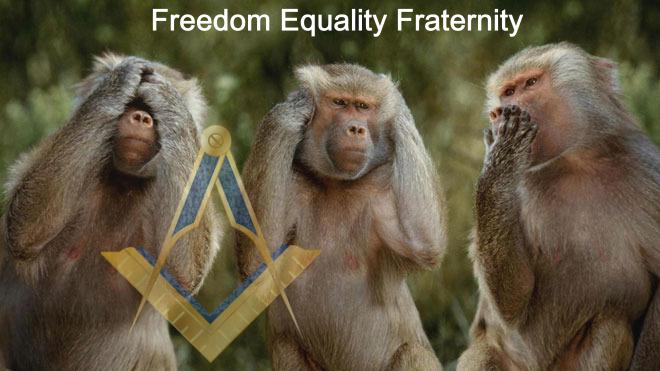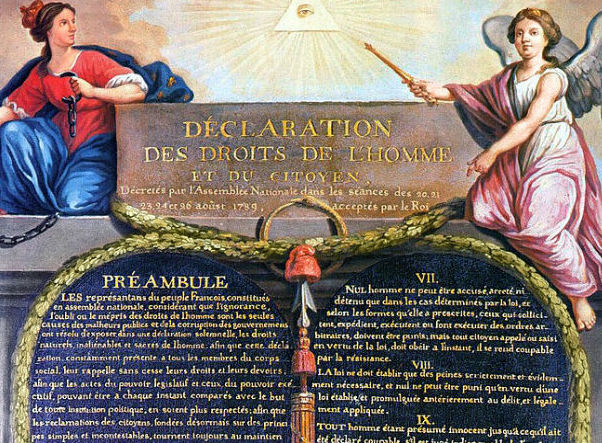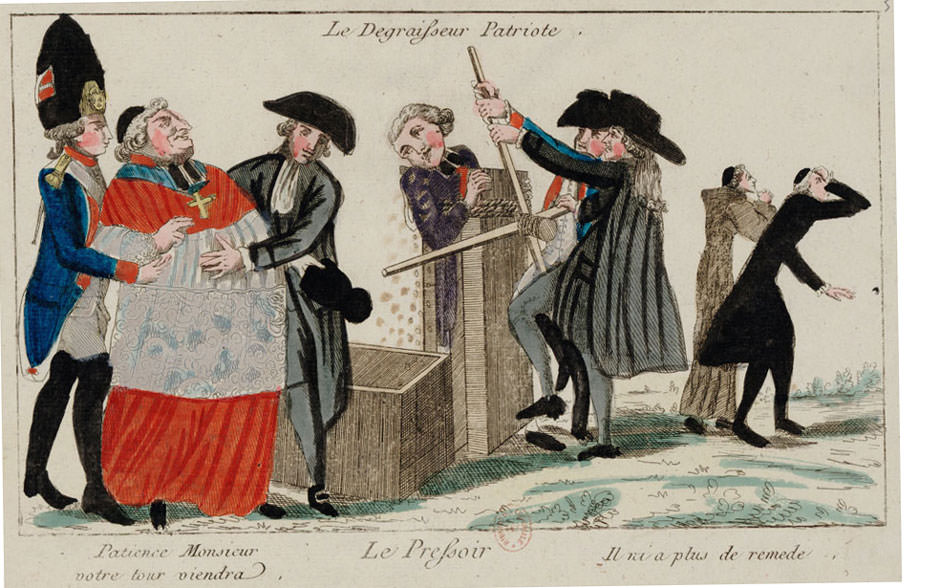The international Masonic Institutions have been harmed as never before during the last two years of Sars2 restrictions. The Brotherhood gets its nourishment from face-to-face debate both in and outside its lodges. But for far too long, the rules put in place have limited our freedoms and have prevented this intellectual confrontation taking place.
But that is only the tip of the iceberg.
During these times of semi-incarceration, Masonic authorities of all Obedience have encouraged their members to roll up their sleeves and volunteer to help inject these supposed “miracle serums” that have failed to safeguard us time and time again.
They’ve also imposed on us to wear a mask, which master masons, knowledgeable in symbolism, should recognise means surrender, subordination, resignation, and destroys our identity.
“Freemasons want to assist the National Health System and uphold the Masonic essential values of friendship, integrity, charity, and respect at all times.” These were the words of the Chief Executive Officer of the United Grand Lodge of England, an odd title that suggests there may be little of spiritual in what the institution represents.

In history, dictators always fought their conflicts by exposing themselves in person, and that when they lost, they paid the price with their own life.
Today, the world’s aspiring tyrants fight instead in a covert and cowardly manner. They use lies to sway people’s opinions. and sow the seeds of evil by repeating those lies until they bear fruit.
Who are the modern days tyrants?
Continue reading MASONIC VALUES BREAKDOWN AND THE PANDEMIC CRISIS


